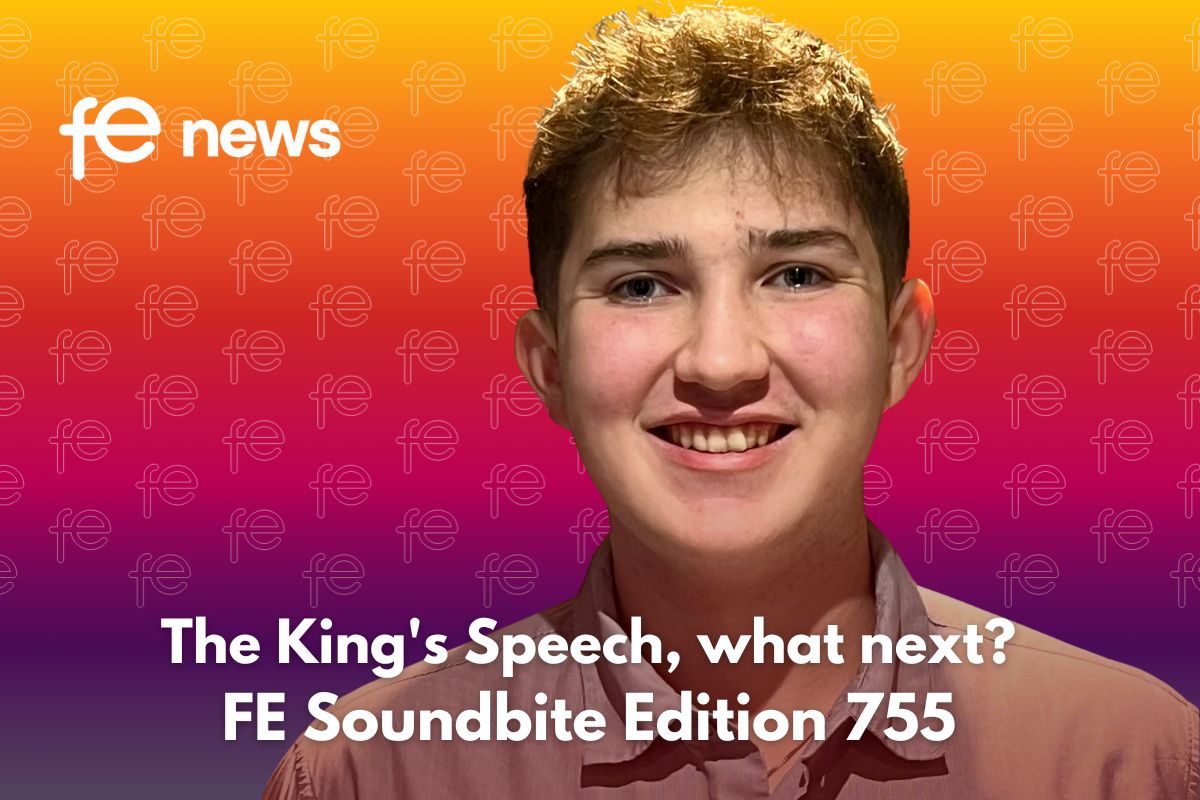The New Relationship Between AI and Human Creativity

Creativity is cited as the last frontier of human superiority, but recent changes in AI have made some worry that we’ve now been surpassed. But what if we stopped worrying about all the ways AI might outperform us, and started thinking about the ways it can enhance our existing abilities?
Ada Lovelace is considered by many to be the world’s first computer programmer. Still, despite her crucial role in the inception of computing in the 1800s, she firmly believed that machines were incapable of original thought.
Today, approaching two centuries later, artificial intelligence (AI) has reached new dizzying heights. While independent thought may, at least for now, remain the remit of humanity alone, it’s certainly time we acknowledge that the latest developments in AI are about to change everything we know about learning and education.
Transitioning from an Analogue World to a Digital World
The transition from an analogue world to a digital one totally transformed the way we teach and learn. From the ubiquity of computers, the internet and search engines, through to plagiarism checkers and essay mills, these changes were seismic at the time but now seem like small fry when set next to the potential of AI. With the rise of machine learning tools, such as ChatGPT, capable of writing academic essays on any topic in a matter of moments, the line between man and machine seems blurrier than ever before.
Resistance to change is unfortunately a very human trait, but we should not allow this reluctance to make us fearful of AI when it has the potential to do incredible things for both the educational and professional spheres. Creativity is often cited as the last frontier of human superiority, but recent changes in the AI world have made some people worry that we’ve now been surpassed even on that front. But what if we stopped worrying about all the ways in which AI might outperform us, and started thinking about the ways it can enhance our existing abilities?
AI has the ability to maximise our creative thoughts
Used correctly, AI actually has the ability to maximise our creative thought. To understand why that is, we first have to understand the anatomy of creativity itself. While the word gets thrown about a lot, in simple terms, creativity refers to the ability to create something new through the connection and fusing of existing bits of knowledge. After all, a painter can’t invent a new colour, but they can blend various shades together, use different materials, and try a range of techniques. So, while they’re never creating something truly novel, the possibilities for them to make something never seen before is ultimately infinite.
This is why inspiration has long been such an integral part of the creative process. We need to be exposed to new ideas, materials and information in order to make the connections which enable us to produce new ideas. This is where AI comes in. While it may not yet have the ability to produce and hone the best ideas itself, the generative power it displays can give us masses of specific information in record time. This ability – to get answers to questions, uncover facts and statistics, and even be provided with adjacent information you may not be aware of – means more creative fuel than ever before.
AI will also allow for enhanced personalisation and inclusivity
In an education context, AI will also allow for enhanced personalisation and inclusivity. Right now, education is still limited by curriculum and means of disseminating information, but AI will make the hyper-personalisation of content easier than ever before. That’s not to mention that for neurodiverse learners, AI will make education more accessible and seamless without the need for multiple physical tools.
Whether aiding in diagnosis, providing naturalistic text-to-speech, or even offering facial recognition for those with autism, AI will help the further education sector to maximise its inclusivity.
This is a prime example of the many indirect ways AI will help to change the nature of creativity, too. Collaboration is one of the key pillars of creativity, and neurodiverse individuals have a particular propensity for creative thought, and by allowing them to learn at their best and interact more seamlessly with peers, AI will naturally improve creative levels in and out of the classroom. Overall, we should not view AI as the enemy but a potentially powerful ally. The jury is still out on whether Ada Lovelace was correct in stating that machines will never have original thoughts, but in the meantime it could certainly help to enhance our own creativity.
By Chris Griffiths, Founder of productivity and mind mapping app, Ayoa.
Written by Chris Griffiths and Caragh Medlicott, authors of The Creative Thinking Handbook. Chris is also a keynote speaker, and founder of productivity and mind mapping app, ayoa.com.











Responses